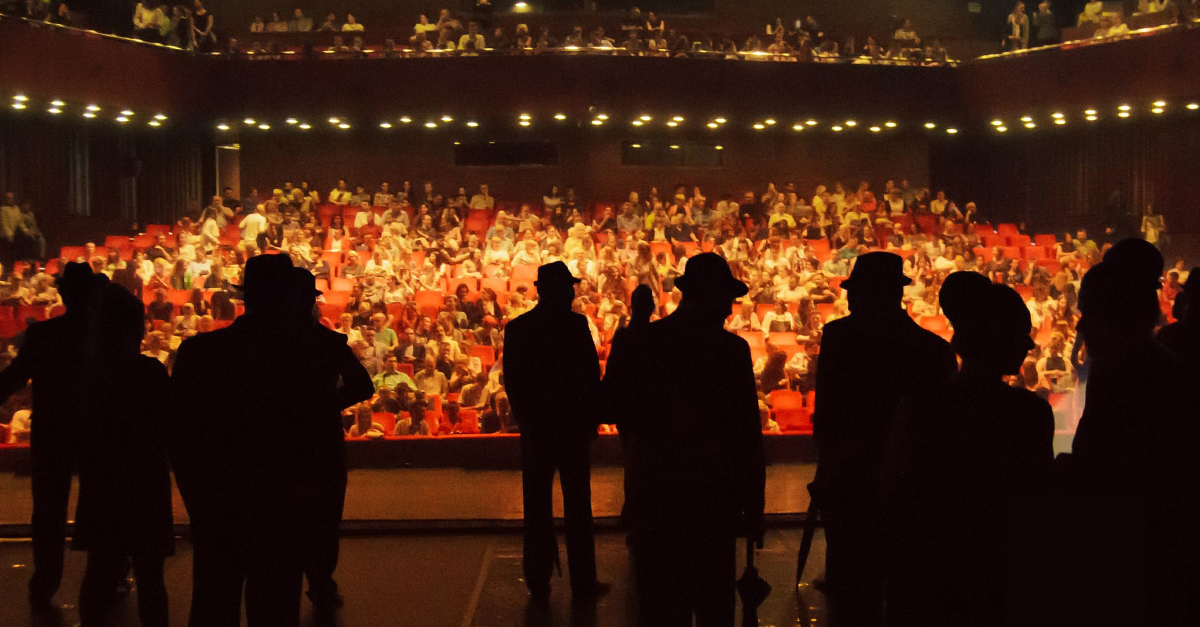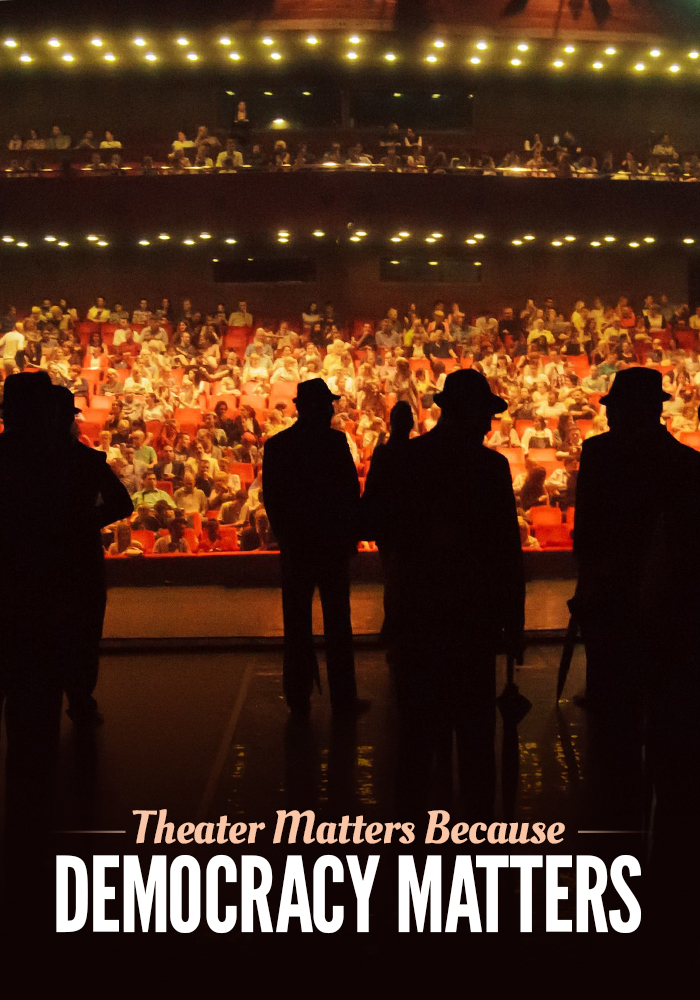Theater Matters Because Democracy Matters

Oskar Eustis begins his 2018 TED Talk with this statement:
Theater matters because democracy matters. Theater is the essential art form of democracy, and we know this because they were born in the same city.
Oskar sees three features that emerge from the interplay of democracy and theater in Greek culture.
1) Conflicting Voices Can Leads Us to Truth
Dialogue, whether on the stage or in the public square, shows us that the “other person has an opinion too, and it’s drama, remember, conflict — they disagree with me.” Oskar suggests that the principle that emerges is that “truth can only emerge in the conflict of different points of view. It’s not the possession of any one person.”
2) Empathy is a Necessary Tool for Democratic Citizenship
Oskar explains that with theater as with democracy, “I’m not asking you to sit back and listen to me. I’m asking you to lean forward and imagine my point of view — what this looks like and feels like to me as a character. And then I’m asking you to switch your mind and imagine what it feels like to the other person talking.” In short, both democracy and theater are built on our ability to empathize.
3) Community is Central to Our Experience of Theater and Democracy
You may have walked into that theater as an individual consumer, but if the theater does its job, you’ve walked out with a sense of yourself as part of a whole, as part of a community. That’s built into the DNA of my art form.
Oskar leads the team that produces Shakespeare in The Park, which allows New Yorkers to see high quality Shakespeare productions during the summer – for free. A more recent initiative is their Public Works program wherein “Tony Award-winning actors and musicians are side by side with nannies and domestic workers and military veterans and recently incarcerated prisoners, amateurs and professionals, performing together on the same stage.” Oskar notes that “it’s not just a great social program, it’s the best art that we do.” And behind this program is the belief that “artistry is not something that is the possession of a few. Artistry is inherent in being a human being. Some of us just get to spend a lot more of our lives practicing it.”
At the end of his talk, Oskar restates the essential role of theater in democratic life.
Our job is to try to hold up a vision to America that shows not only who all of us are individually, but that welds us back into the commonality that we need to be, the sense of unity, the sense of whole, the sense of who we are as a country. That’s what the theater is supposed to do, and that’s what we need to try to do as well as we can.
Further Reading
Oskar’s insight that theater and the arts build empathy and strengthen our imagination and reasoning skills is supported by the research of cognitive psychologist Jerome Bruner. To dig into that research, check out my review of Bruner’s classic book Actual Minds, Possible Worlds. You can also read my series on engaging in arts and culture with your kids.
